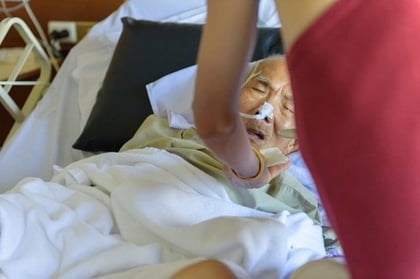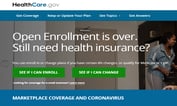With the number of Americans age 85 and older projected to more than double by 2040 — 14.6 million from 6.4 million in 2016 — it comes as no surprise to financial advisors that more of their clients in retirement or nearing retirement are involved in caring for aging parents.
Perhaps not surprising either is that the number of those employed as aides to help the growing population of octogenarians and nonagenarians is growing. Recent projections by the U.S. Bureau of Labor reveal that the nation’s fastest-growing job category is “personal-care aide,” which will have about 750,000 more openings by 2026. Fourth on the fastest-growing list is “home health aide,” accounting for another 450,000 jobs.
For advisors’ clients, there are costs and risks connected with this growth. If they have the means, the elderly paying for personal care will pick up the tab themselves. Otherwise, their families are likely to pay all or part of the bill. These rising costs, of course, should now be reflected in comprehensive financial and investment plans.
But what about the risks? One that especially could affect the financial well-being of clients and their families — and a risk that more and more advisory clients will face — is the liability that comes with employing an aide.
Consider the case of 85-year-old Stella Wagner, who lives in her home in Fairfield, Connecticut., which is worth $2 million and constitutes the bulk of her non-financial assets. She also has an investment portfolio of $3 million.
For reasons including estate planning, Stella transferred the ownership of her home to a limited liability company, Riverbend LLC, which maintains the property and pays expenses connected with Stella’s care. With Stella needing some help in the activities of daily living, Riverbend hired a live-out home health aide. Stella took part in the interviews to help find the right candidate, but the company, headed by her adult son, selected the aide.
After six months, Stella and her son decided that the home health aide should be discharged because they had reason to believe that she had taken several household items that were missing. The aide then filed a wrongful termination lawsuit against Riverbend and Stella personally, claiming she had been employed in a hostile work environment, and asked for compensation from Riverbend and Stella for pain and suffering.









 July 29, 2019 at 06:09 PM
July 29, 2019 at 06:09 PM











